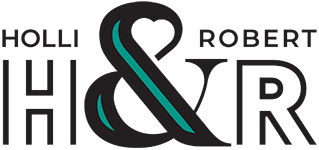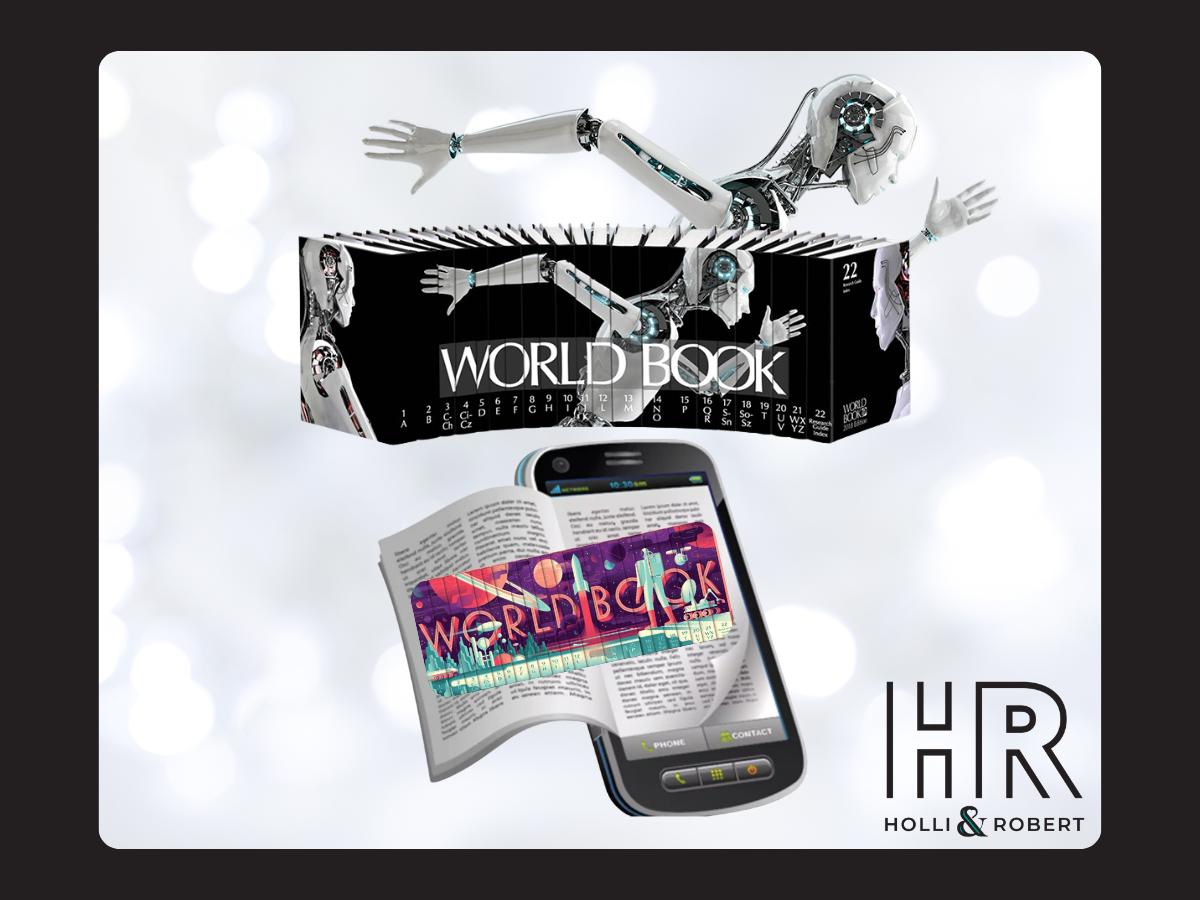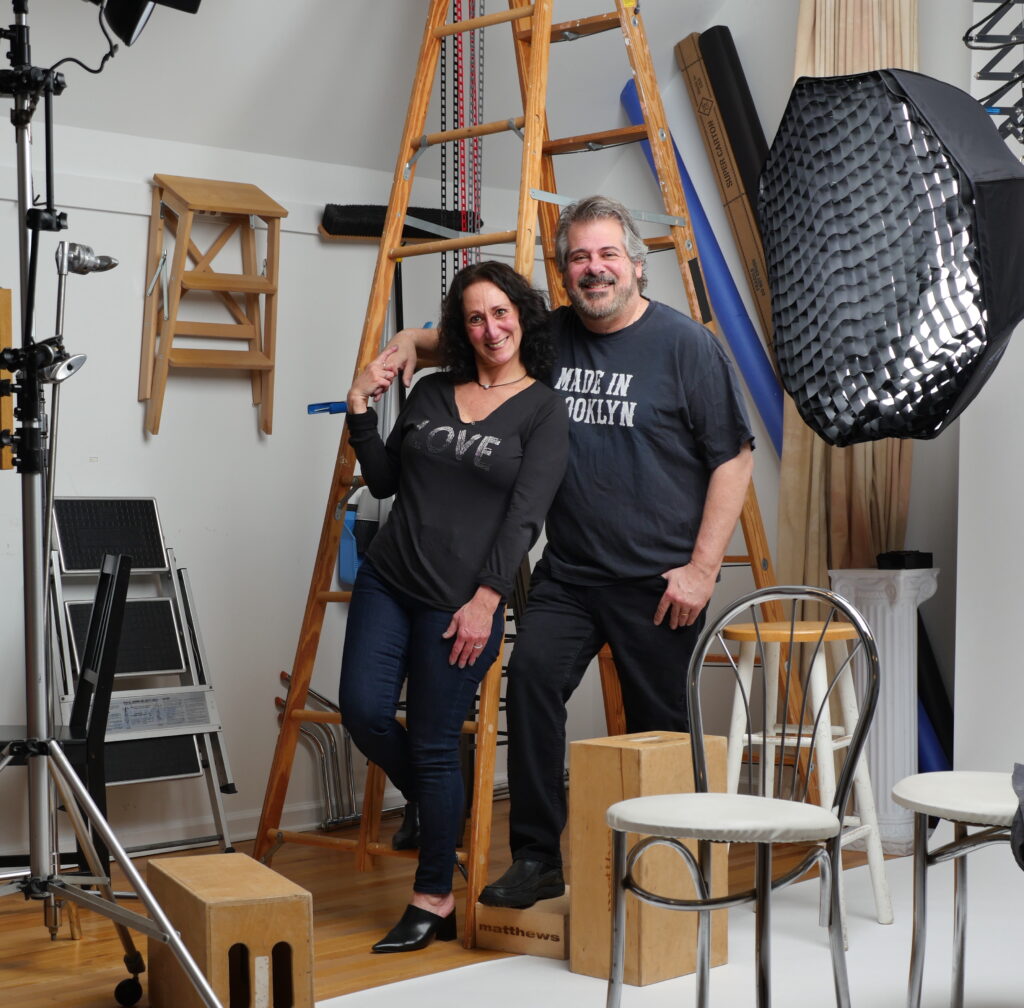In an era marked by rapid technological advancements and an ever-expanding digital landscape, the pursuit of knowledge has become more accessible and dynamic than ever before. Lifelong learning in the digital age is no longer confined to traditional classrooms or physical libraries; it has evolved into a continuous journey fueled by curiosity and facilitated by technology. From the days when many turned to the World Book encyclopedia for information to today’s reliance on instant Google searches, the history of information sourcing illustrates a remarkable evolution of learning. This piece aims to explore how embracing curiosity and leveraging digital tools can transform one into a lifelong learner, highlighting the significant shifts in education and information accessibility over the years.
Evolution of Learning
History of Information Sourcing
The history of information sourcing has undergone significant transformations over the past century. Initially, resources like the World Book encyclopedia served as primary references for students and curious individuals alike. These encyclopedias provided a wealth of knowledge in a neatly bound series of volumes. However, the advent of the internet revolutionized how we access information. Today, a simple Google search can yield thousands of results in milliseconds, offering instant access to a vast array of data and perspectives. This shift from physical encyclopedias to digital databases marks a pivotal point in the evolution of learning. It underscores the growing importance of digital literacy and the ability to navigate online resources effectively. As a result, the modern lifelong learner can explore an almost limitless pool of information, making education more dynamic and personalized than ever before.
From World Book Encyclopedia to Google Searches
The transition from the World Book encyclopedia to Google searches exemplifies the rapid advancements in information technology. The World Book encyclopedia, first published in 1917, was a staple in many households and schools, offering carefully curated knowledge on a wide range of topics. It represented an era where information was static and updated annually. In contrast, the advent of Google in 1998 transformed information sourcing by making it immediate and dynamic. Google searches allow users to access the latest information, often updated in real-time, from a multitude of sources around the globe. This shift not only made information more readily available but also broadened the scope of accessible knowledge. The convenience and speed of Google searches have redefined how we learn and research, highlighting the significant strides in the evolution of learning. This transformation underscores the role of curiosity and education in navigating an ever-changing digital landscape.
Curiosity and Education
Curiosity has always been a driving force behind education and learning. In the digital age, this innate desire to understand the world around us is more easily satisfied than ever before. The internet provides a platform for lifelong learners to explore their interests in-depth, beyond the confines of traditional education systems. Online courses and educational videos offer opportunities for self-paced learning, catering to a variety of learning styles. This accessibility empowers individuals to pursue their curiosity without barriers, fostering a culture of continuous education. Moreover, the integration of technology in education has made it possible to customize learning experiences, making them more engaging and effective. By embracing digital tools, educators can inspire curiosity in students, encouraging them to become proactive learners. This synergy between curiosity and technology drives the evolution of learning, making education a more dynamic and enriching experience.
Closing Thoughts
In conclusion, lifelong learning today is characterized by an unprecedented level of accessibility and personalization. The digital age has opened doors that were previously unimaginable, allowing individuals to learn and grow at their own pace with resources that cater to their unique interests and needs. As G. Keith Alexander notably said in ‘Between Over & Next’ episode 30, “You don’t know it all yet. I’m still learning at the age I am now.” We must never cease from learning, for when we stop learning, we stop living. This encapsulates the essence of our journey in the modern world—the continuous drive to expand our horizons and deepen our understanding.



